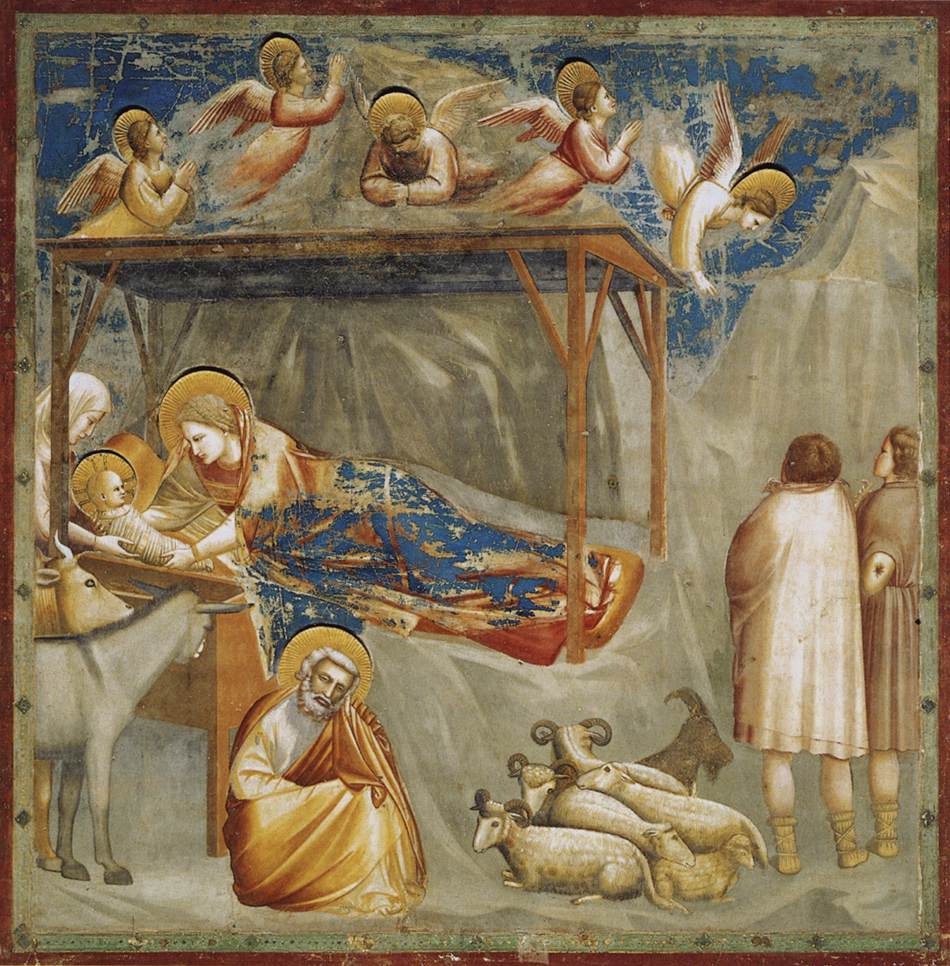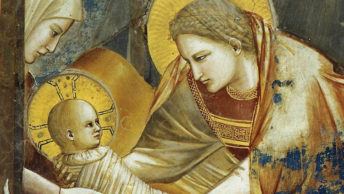Here in Michigan we say that there are two seasons of the year: winter, and road construction season. When the weather allows, there’s always some sort of road repair or rebuilding project underway—though most experts agree our state isn’t spending nearly enough on our roads, and need well over $1 billion more a year for this purpose. Our vast numbered-highway system needs constant maintenance in order to fulfill its purpose as an artery of commerce and transportation. We are a nation on wheels, and Michigan was at the forefront of the development of this way of life. Detroit, of course, is the automobile capital of the world, and the mass production of cars, beginning over 100 years ago, created a demand for a network of good, all- weather roads. The first paved road in America was in Detroit, on Woodward Avenue between Six and Seven Mile, and the first American freeway, short as it was, also appeared in the Motor City: the Davison Freeway, in North Central Detroit. My mother followed her older sister from Pennsylvania to Detroit early in World War II to work in a war plant, and she said that sometimes after work she and her friends would stand on one of the freeway overpasses, looking at all the cars down below and wondering where in the world all of them could be going—the idea of rush hour was still a new and bewildering concept. At the same time, Henry Ford helped arrange for the construction of what would later become part of I-94 in Detroit; he needed a way for his workers who lived on the east side of the city to get to his war factories in the Dearborn area. That stretch of I-94 is still sometimes called the Detroit Industrial Highway. After the war, the construction of the interstate freeway system, for better or for worse, changed America forever; in southeast Michigan, for instance, it accelerated a vast movement from the city to the suburbs. Detroit, which once had a population of over 1.5 million inhabitants, became the first and so far only city in American history to go below the million mark.
Roads not only help us get from one place to another; they can also actually help change the world around us, opening up new possibilities for exploration, growth, and development. This is often true in a worldly sense, and it’s supposed to be true in a spiritual sense. Not only are we called to prepare the way for the Lord; we’re meant to travel that path ourselves, undertaking a journey of faith intended to last a lifetime. The Advent season reminds us that we must strive to come closer to God, and we do this by repenting of our sins and growing in our faith.
Every successful journey requires a destination and a way of finding it; we need road markers and signs, or a map, to find our way to God. The readings for the Second Sunday of Advent provide us with three such travel guides or reference points. The reading from the Book of the Prophet Isaiah (40:1-5, 9-11) gives us a message of hope. This passage was written during the time of the Babylonian exile, when the Jewish people wondered if they would ever again see their homeland; it assured them that Jerusalem would soon be restored, with a road created through the desert allowing them to return home. God is a shepherd Who cares for His people and gathers together His flock. This message remains true for us today, for the world is often a hostile and difficult place—but the Lord is always with us, promising us safety and peace, and showing us the way to His Kingdom. The message St. Peter (2 Peter 3:8-14) gives us is one of patience; the apostle tells us that the Lord is not delaying the fulfillment of His promise, but generously allowing more time for sinners to repent. Nevertheless, nothing shall prevent the coming of God’s Kingdom and the giving of a glorious new life to those who trust in Him. We must wait patiently, without losing heart; as long as we continue with our journey, our safe arrival is guaranteed. The Gospel of Mark (1:1-8) speaks a message of repentance. John the Baptist, the one who prepared the Lord’s way and made straight His paths, called upon people to give up their sins and do penance; this would allow them to welcome and receive the coming Messiah or Savior. Jesus came to earth 2000 years ago to begin His Kingdom, but we know it will be fully established only when He comes again at the end of time; if we are to share in His glorious reign, we must constantly repent of our sins and use God’s grace to overcome them.
Hope, patience, and repentance are three essential road markers or landmarks as we journey through these weeks of Advent, and through life itself; if we’re lacking in any of these things, it will be very easy for us to become spiritually lost or stranded. Hope means that we don’t lose heart, even if we’re passing through a period of grief, poor health, financial difficulties, relationship problems, religious doubts, or anything else. The Lord wants us to persevere in doing what’s right, even when it’s hard, and to continue in our prayers, even when they’re unsatisfying, for His Kingdom will certainly come. Rather than giving up, we must constantly be looking up, keeping our eyes on the goal of heaven. The road marker of patience is also vitally important. In a car journey it’s quite common for children to ask, “Are we there yet?” and for parents to respond, “Not yet—a little while longer.” Jesus says the same thing to us: “Be patient; look around you as you travel, notice the other travelers, and enjoy the journey— you’ll be here with Me before you know it.” Patience allows us to make good progress by keeping things in perspective and by continuing to grow spiritually even when things are difficult. The third road marker of repentance is an essential one, for our sinfulness can prevent or delay the successful completion of our spiritual journey. Our lesser sins are like stretches of rough, pot- holed, uneven road that force us to slow down, and our serious sins are like road closings and detours that actually take us in the wrong direction away from God. We overcome these faults by honestly admitting our sins and humbly seeking God’s forgiveness for them; the regular examination our conscience and reception of the Sacrament of Reconciliation, our use of divine grace to overcome our faults, and our humble apologies to those we’ve hurt by our sins, help smooth out the way before us and keep us on the right path.
Because of America’s extensive road system, it’s possible to travel by car from one end of our country to another in a matter of days, seeing many beautiful and amazing things along the way. This is nothing, however, compared to the journey of faith each one of us is called to make. Our spiritual preparations for Christmas during these weeks of Advent are meant to be a symbol of our lifelong journey to heaven. Jesus has gone ahead of us to prepare the way, and He invites us to follow Him in faith. Blest are we if we hear and respond.








